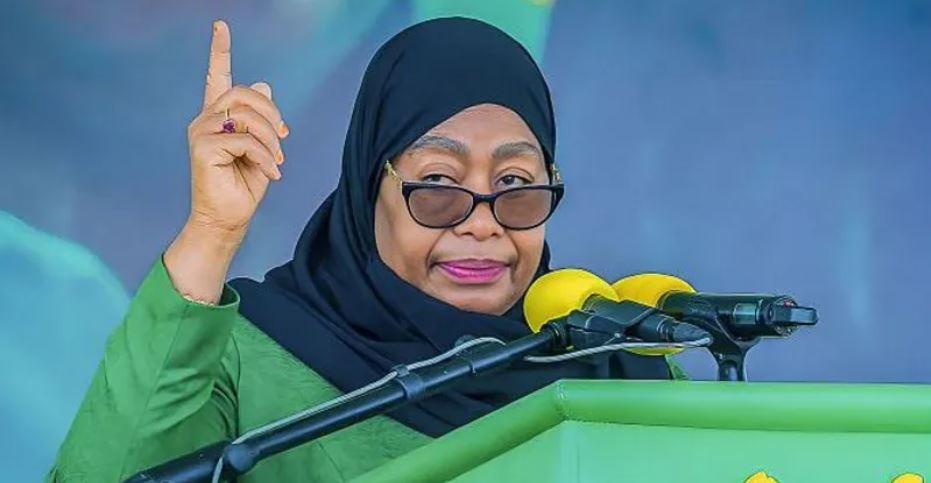The International Monetary Fund has projected the country's economic growth prospects to a slow of 5.3 per cent this year.
This is down from the previous two years' projections of 5.4 per cent in 2022 and 7.5 per cent in 2021.
In its latest regional economic outlook dubbed, 'The big funding squeeze', the lender attributes the slower growth to a funding squeeze that is impacting the country's ability to invest in health, education and infrastructure.
"Persistent global inflation and tighter monetary policies have led to higher borrowing costs for sub-Saharan African countries and have placed greater pressure on exchange rates," the lender says.
It added that the interest burden on public debt is rising, owing to a greater reliance on expensive market-based funding combined with a long-term decline in aid budgets.
"Public debt and inflation are at levels not seen in decades, with double-digit inflation present in about half of the African countries, eroding household purchasing power and striking at the most vulnerable."
It reiterates that lack of financing affects countries that are already struggling with elevated macroeconomic imbalances.
IMF further projects the country's economic prospects to grow by 5.4 per cent next year.
Uganda and Tanzania have been projected to grow by 5.7 per cent and 5.2 per cent, respectively.
These are upward projections from the 4.9 per cent and 4.7 per cent of last year, respectively.
Rwanda's prospects has been cut down to 6.2 per cent, down from 6.8 per cent last year.
Growth of the entire sub-Saharan Africa region will decline to 3.6 per cent this year amid global slowdown, as activities are expected to decelerate for a second year in a row.
This before rebounding to 4.2 per cent in 2024 in line with the anticipated global recovery, subsiding inflation and a winding down in monetary policy tightening.
It will be the second consecutive year that the region records a lower rate of growth than the previous year where it grew by 4.7 per cent.
The lender notes that the funding squeeze will also impact the region’s longer-term outlook as a shortage of funding may force countries to reduce resources for critical development sectors like health, education, and infrastructure, which will weaken the region’s growth potential.
Countries from the East Africa are expected to fare better this year in contributing to the regions growth, according to IMF.
However, it notes that some major economies will bring down the average SSA growth rate.
It highlights South Africa as an example, whose growth is projected to decelerate sharply to only 0.1 per cent this year.
Senegal has the largest growth projection this year, expected to grow at 8.3 per cent.












